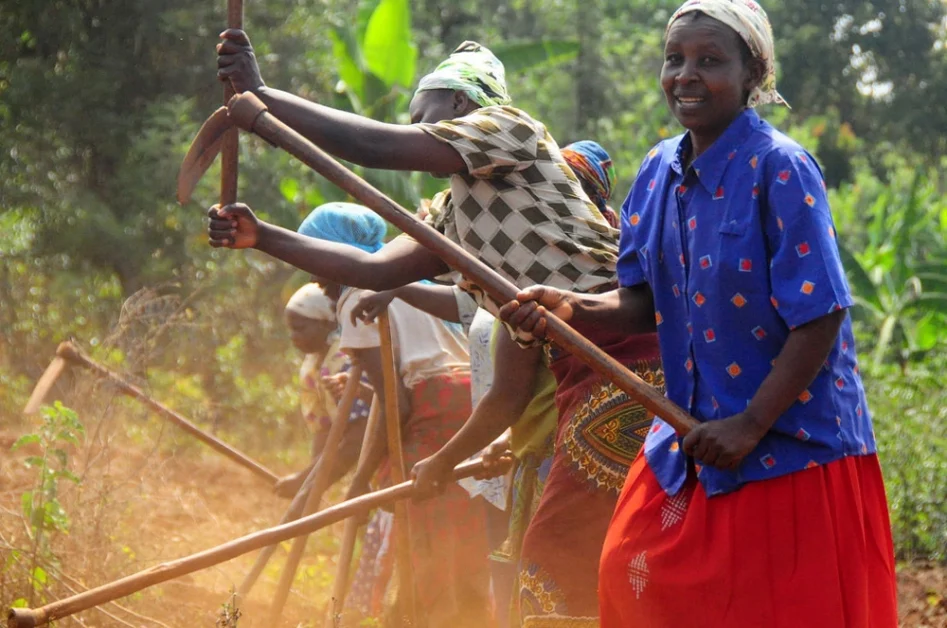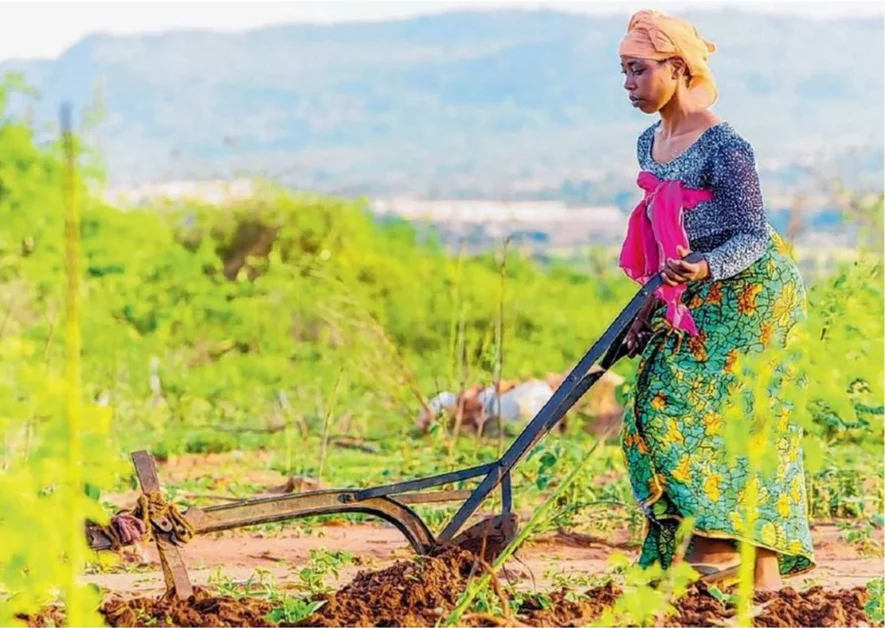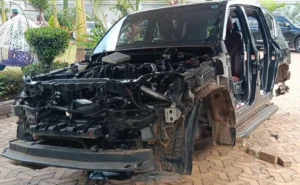Gender inequality in Sub-Saharan Africa has seen Women and Youth missing access to climate-smart agriculture assets, inputs, and services.
In Sub-Saharan Africa, unequal access to climate-smart agriculture assets, inputs, and services by women has immensely contributed to Gender disparities in agricultural productivity.
Women have unequal access to climate-smart agriculture assets, inputs, and services.

Closing these gender productivity gaps is therefore critical if Sub-Saharan Africa is to increase crop production by up to 19% and improve women’s agricultural welfare in the face of a rapidly changing climate (UN
Women, 2019).
On the other hand, there is growing concern that youth interest in agriculture has declined, even though approximately 85% of young people live in developing countries, where agriculture is likely to be the primary source of income (United Nations YouthStats, 2022).
As a result, women and youth are increasingly being recognized as the driving force behind a new generation of gender-inclusive climate-smart agricultural practices.
Women and youth offer a dynamic workforce that has a high uptake of technological expertise and the ability to take on significant levels of risk.
In this regard, the agriculture sector presents a huge opportunity for the creation of employment to absorb them into gainful employment and ensure the achievement of food security for future generations.
The CRAFT project offers practical solutions such as access to
productive use of Renewable Energy technologies; Energy Efficient appliances; and climate-smart agricultural practices that are key to
ensuring youth employment and entrepreneurial participation within in productivity and resilience building of the agricultural sector.
Agribusiness SMEs and cooperatives can create jobs for young people while also assisting African countries in meeting their development objectives.
Progress in this arena, however, remains limited because, for a long time, such company entities have been led by older generations not actively and deliberately included youth in leadership, and opinion and opinion leaders shaping, making succession planning difficult.
Accordingly, the CRAFT project supports nine agribusiness SMEs and five cooperatives (at least 44% of which are managed by women and 67% of which are led by youth) in developing business plans to assess which leadership Minimum tillage Climate Smart practice that promotes water conservation during land preparation for planting.
opportunities are realistic and match their capacities as well as market demands.
Subscribe to our You Tube channel at Switch TV.
CRAFT also builds the capacity of agribusinesses in East Africa to identify binding constraints and viable opportunities for youth engagement in food value chains as evidenced in this group photo of participants who attended a Youth Kick-off Workshop in Kenya.
Organized by SNV and Agriterra for Starlight Cooperative in Nakuru County, the event provided the required technical support needed to
ensure that young people are rightly positioned for leadership, management, and business development of this enterprise.
















